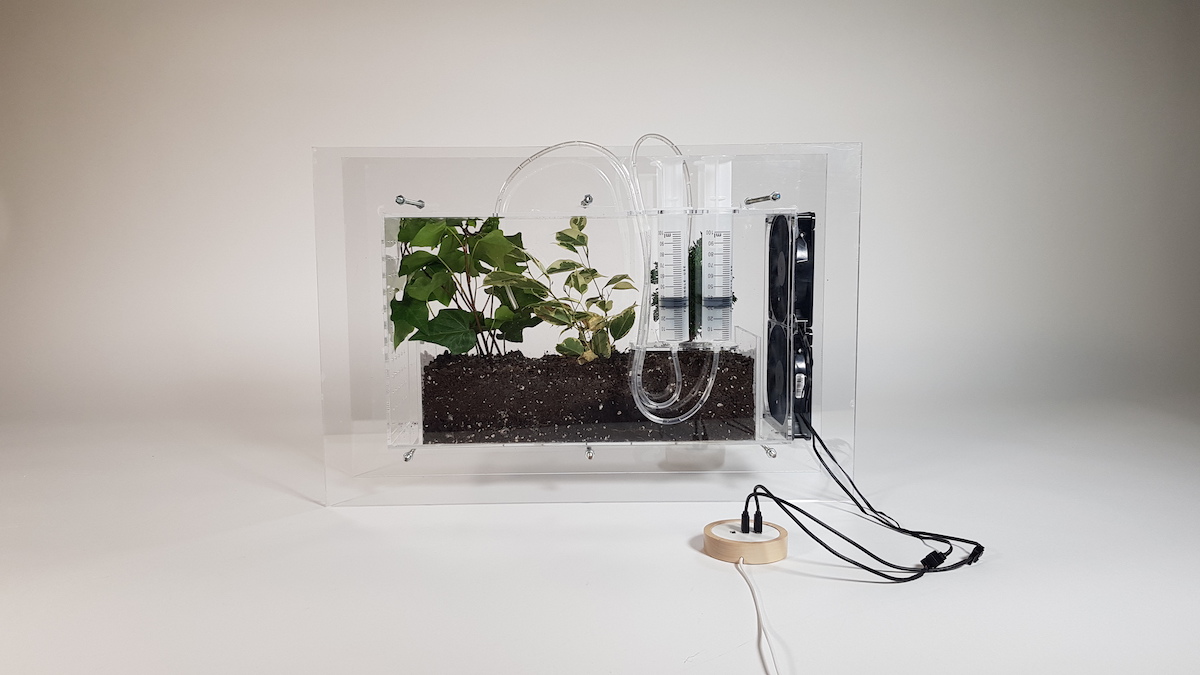Social Operative Infrastructure: Sustainable Water Models in Chile
According to the World Bank, countries need to invest 4.5 percent of their GDP in infrastructure to reach the Sustainable Development Goals (SDG) in 2030. In order to do that, we need to start thinking about building new infrastructure and transforming the existing one. We must then question the actual operative infrastructure: How could we start recalibrating it to make them operate not solely as functional systems, but as a social and ecological tool for improving people’s quality of life? The scale of the infrastructure in cities is massive, making any change or improvement a profound impact at the metropolitan scale.
The studio seeks to explore operative water infrastructure in Chile as a way to start a discussion about networks beyond monofunctional operation, with the goal of bringing social, environmental, and functional upgrades to the city. The ubiquitous network built under the surface, with hundreds of nodes emerging in different parts of the city, will be the starting point for a contemporary discussion about infrastructure, including its obsolescence and the role it may play in improving people’s lives in the future.
Hundreds of operative sites throughout Santiago, historically isolated or in dispersed urban fabric conditions, are now surrounded by city growth. The infrastructure contained only utilize a small part of the surface, producing negative externalities in the surrounding area and having no positive relation with their context. The studio will work from the city to the site, objects and processes, opening up different approaches and scales of problems and solutions.
Starting from the urban scale of the water network, students will work specifically on one of multiple sites, looking for emergent processes of urban renewal in the most segregated and low-income areas of Santiago de Chile.
Projects
-

Ecological Machines
Eugenio Simonetti and Tomas Folch, Instructors
Fall 2019